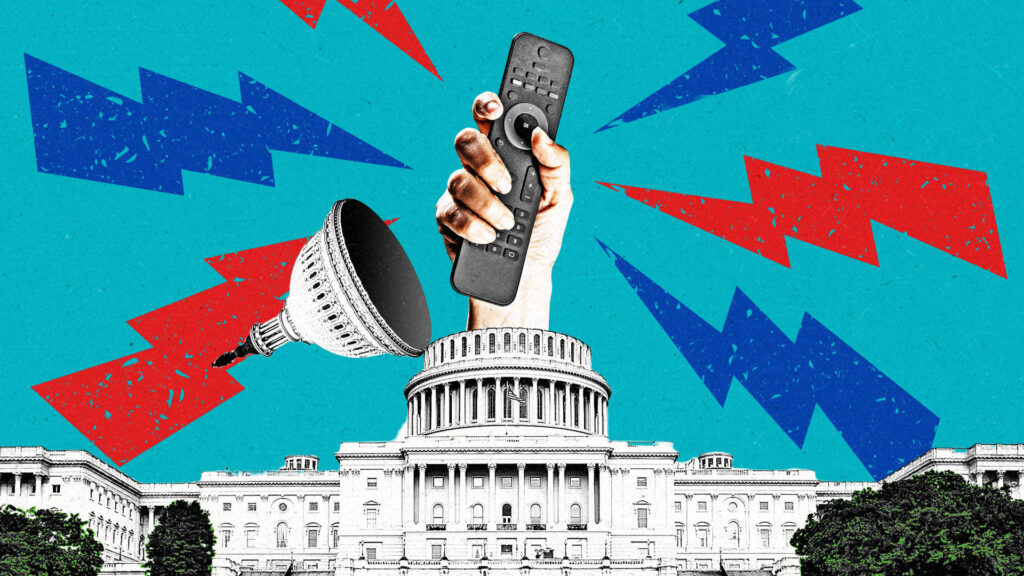Introduction
Connected TV (CTV) is taking the advertising world by storm, and politics is not left out. The ability to tailor and deliver content to the individual level, like direct mailing or phone calls, distinguishes CTV from traditional broadcast television. With CTV, political campaigns no longer need to spend vast amounts of money trying to reach their targets with little assurance of success. The level of precision and optimization with CTV advertising makes it a game-changer in the political landscape.
Understanding Connected TV (CTV)
CTV refers to televisions that connect to the internet. These include Smart TVs, devices like Roku, Apple TV, Amazon Fire TV, and game consoles like Xbox and PlayStation. It allows viewers to stream their favorite shows, movies, and other content on-demand, providing a personalized viewing experience.
CTV and Politics: A Perfect Match
In politics, compelling messaging and broad reach are critical to successful campaigns. Traditional TV has long been the preferred medium for political advertising, but its broad-strokes approach sometimes needs to be revised. Enter CTV. The precision of CTV advertising allows for a more targeted, personalized approach, which politics loves.
Political campaigns can model, target, and deliver messages at the household level, like direct mail or phone calls. This ability to focus at such a granular level sets CTV advertising apart from traditional broadcast TV. The higher the level of personalization – the more influential the communication.
Cost-Effective Campaigning with CTV
The cost of political campaigning, particularly on broadcast TV, can run into millions of dollars. With CTV, campaigns don’t have to break the bank to reach their target audience. CTV allows campaigns to target specific population segments more precisely instead of trying to reach a mass audience, as with traditional TV buys.
The Power of Data with CTV Advertising
Another significant advantage of CTV is its real-time analytics capability. This is a far cry from the traditional TV model, where the effect of an ad campaign might only be evident after the campaign ends. With CTV, campaigns have access to performance data almost instantly. This enables them to assess and tweak their strategies in real-time to ensure optimal performance.
Future of Political Campaigns and CTV
Considering the benefits, it’s likely that CTV in politics will continue to rise. As viewership shifts towards CTV from traditional TV, political campaigns will increasingly leverage CTV’s personalized, data-driven capabilities to engage potential voters.
Conclusion
The impact of Connected TV (CTV) in politics is profound. It provides a more effective way for campaigns to reach and engage their target audience. The ability to target at the household level, combined with the power of real-time data analytics for campaign optimization, sets CTV apart from traditional broadcast TV. Although still a relatively new frontier, CTV’s unique advantages make it an up-and-coming tool for the future of political campaigning. Its rise signals a new era of political advertising where precision targeting, data-driven decisions, and real-time adaptation become the norm. As more campaigns embrace this technology, CTV is set to play a pivotal role in shaping the future of political communication.

